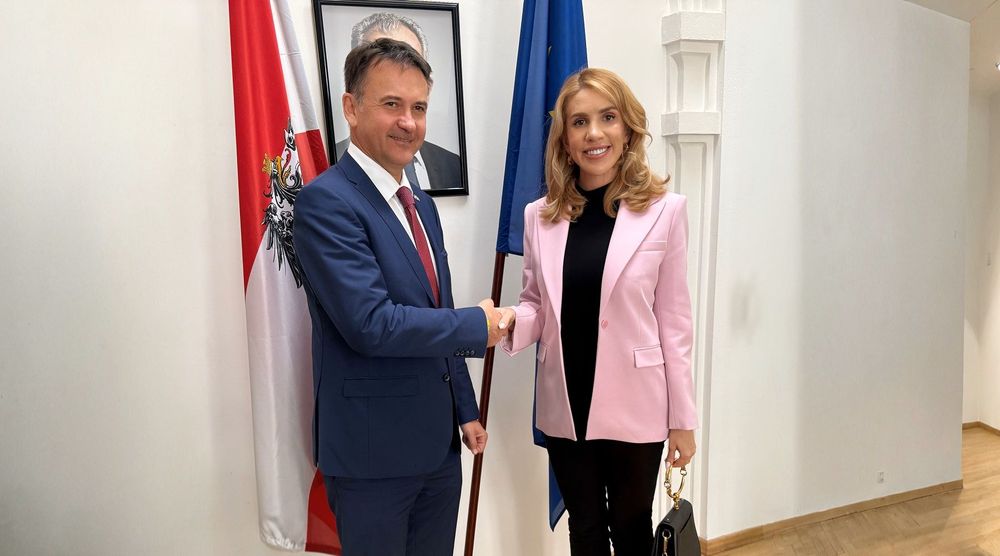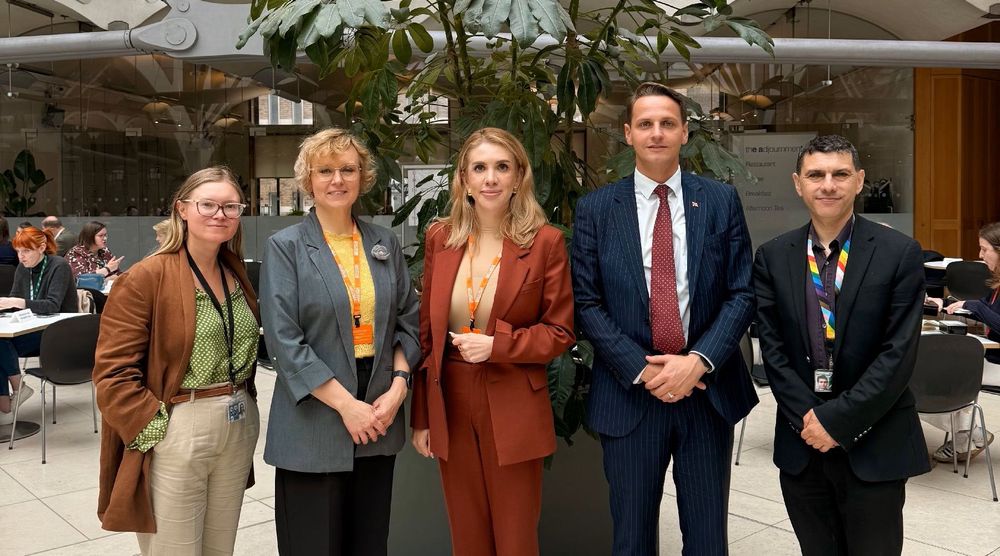russian assets confiscation
russia must pay for what was destroyed by russia. This is the principle by which we are guided. According to the estimates of the World Bank, losses due to a full-scale war of russia against Ukraine amount to almost $350 billion. This is 1.6 times more than the GDP of our country. Ukraine is constantly in need of financial support from its partners, but it is logical that the taxpayers of our partner countries should not be paying for the restoration of what was destroyed by putin. In addition, such a decision would not only be a very painful blow to russia but also a huge step forward and a signal to other aggressors who would decide to unleash wars. Now, according to various estimates, there are about $550 billion in russian assets in the world. Ukraine needs this money. Canada was the first to adopt a legislative decision to confiscate russian assets in favor of Ukraine, and we are already waiting for the first tranche of those funds. We expect the adoption of relevant decisions by the United Kingdom. My team and I have been dealing with the issue of the confiscation of russian money for the benefit of Ukraine for a year and a half. Over the past six months, we have visited more than 20 countries and held negotiations with parliamentarians, experts, lawyers, and financiers. We have enlisted the support of Bill Browder, an expert on the confiscation of corrupt assets, the author of the Magnitsky Act, and Nancy Pelosi, the Speaker of the House of Representatives. Their experience and influence is an important element for the successful completion of the confiscation of russian money.
- development of the legislative part for the transfer of confiscated assets to Ukraine;
- obtaining political support for the bill, that is, gathering votes.
Even though the issue of the aid to Ukraine is unifying for completely different political forces in all countries, obtaining political support remains a complex task. This is fair and logical. putin should pay for the crimes himself, not the taxpayers of the partner countries.


